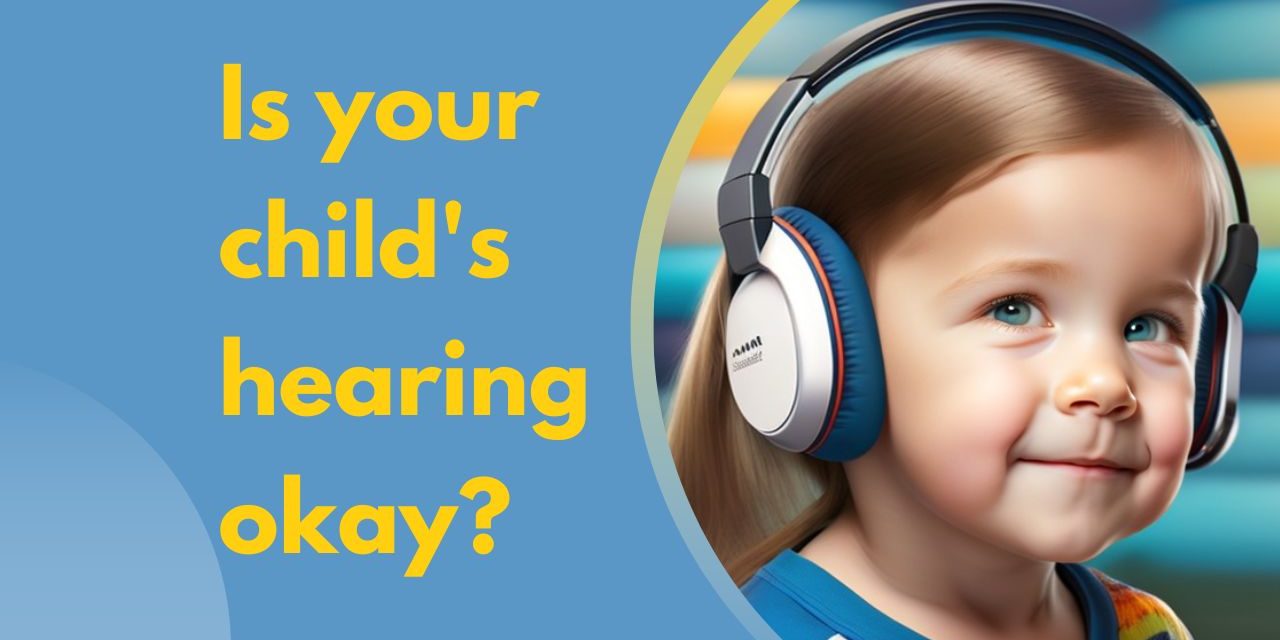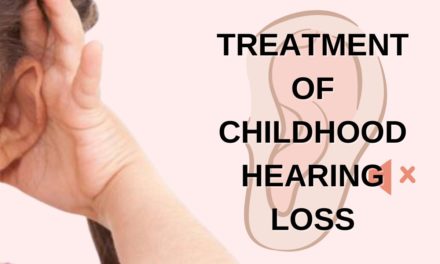Nurturing healthy hearing in children: Ensuring your child’s auditory well-being
Introduction:
The sense of hearing plays an important role in the overall development and well-being of the child. As parents, it is very important to pay attention to their hearing health from an early age. In this blog post, we’ll explore the importance of monitoring your child’s hearing and discuss some essential tips for maintaining healthy listening habits.
Understanding the importance of hearing in child development:
Hearing is fundamental to a child’s language acquisition, cognitive development, and social interactions. The ability to hear and process sounds allows children to communicate effectively, engage in educational activities, and make meaningful connections with the world around them. Therefore, protecting your child’s hearing is essential to their overall development and success.
Recognizing the signs of possible hearing problems:
It is important for parents to be vigilant and recognize possible signs of hearing problems in their children. Some common indicators include:
1. Delayed speech or language development
2. Difficulty following directions or responding to their name
3. Repeated misunderstandings or repeated requests.
4. Constantly watching television or listening to loud music
5. Social isolation or withdrawal due to communication challenges
If you notice any of these symptoms, it is advisable to see a pediatrician or audiologist for a comprehensive hearing evaluation.
Tips for maintaining healthy listening habits:
1. Regular hearing screenings:
Schedule periodic hearing screenings for your child, especially during the infancy, preschool, and school-age years. Early detection of hearing problems allows for timely intervention and better outcomes.
2. Limit exposure to loud noises:
Excessive noise levels can damage hearing. Encourage your child to wear hearing protection in noisy environments such as concerts, sporting events, or construction sites.
3. Monitor volume levels:
Teach your child to use headphones or earbuds at a safe volume level when listening to music, playing video games, or watching multimedia content. Many devices offer volume limiting features that can be activated to ensure safe audio levels.
4. Create a quiet study environment:
Create a calm and quiet place for your child to focus on their studies or complete homework. Reducing background noise can help prevent distractions and improve learning.
5. Encourage breaks from screen time:
Prolonged exposure to screens, such as smartphones, tablets, or computers, can lead to auditory fatigue. Encourage your child to take regular breaks and engage in activities that stimulate other senses.
6. Promote healthy ear care:
Teach your child about proper ear cleaning, emphasizing the importance of not putting objects in the ears. Gently clean the outer ear with a washcloth regularly and avoid excessive cleaning of the ear canal.
7. Communicate openly:
Maintain an open conversation with your child about their hearing health. Encourage them to express any discomfort, difficulties, or changes in their hearing experiences.
Result:
Actively caring for your child’s hearing health is essential to their overall well-being and development. By paying attention to possible signs of hearing problems and implementing healthy listening habits, you can ensure that your child enjoys an active and auditory life. Remember, a strong listening foundation empowers your child to explore the world around them and reach their full potential.










